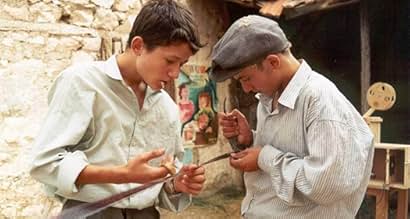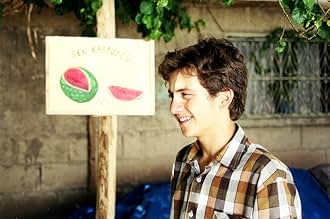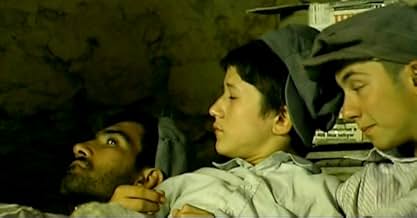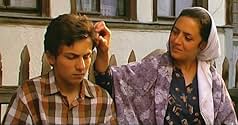A sort of Turkish "Cinéma Paradiso", this is an account of two Turkish village boys, who take up summer jobs in the nearest town to finance their dream of constructing a working projector, by which to screen bits of film scavenged from the town's one movie theater. One of the boys works as an assistant to a water-melon seller, the other as a barber's apprentice. Both are convinced that this is the first step to successful film-making careers. The events of that summer mark the end of their innocence and their entry into an adulthood that manages to remain quixotic and strangely untouched by cynicism or too much reality. The whimsical day jobs provide very funny ruminations on how to get ahead in the world; as well, in the course of performing these jobs, the twosome offers up lovely nonsensical bits of business. One of the boys falls in love with a local beauty, but, of course, nothing much happens on that front. I loved the detailed observation of small town rhythms, and the ordinary village folk who, upon closer examination, are revealed to be mesmerizing. When the love-lorn fledgling filmmaker talks of his beloved, the considerably older beauty, one understands and empathizes with his plight completely. Seemingly exotic cultural practices and lifestyles become entirely understandable when stripped down to their basic human underpinnings. One of the boys and his mother live in an adobe house with a room containing the grandfather's grave, which, one must concede, is not the most common of living arrangements. At each crisis, however, both mother and son are shown alternately confiding in, haranguing, or cajoling the dead man. Though long gone, he continues to be the spiritual and moral head of their household; after a while, it did not seem the least bit odd that extended bits of dialog are addressed to a mound of earth. Utterly beguiling.















